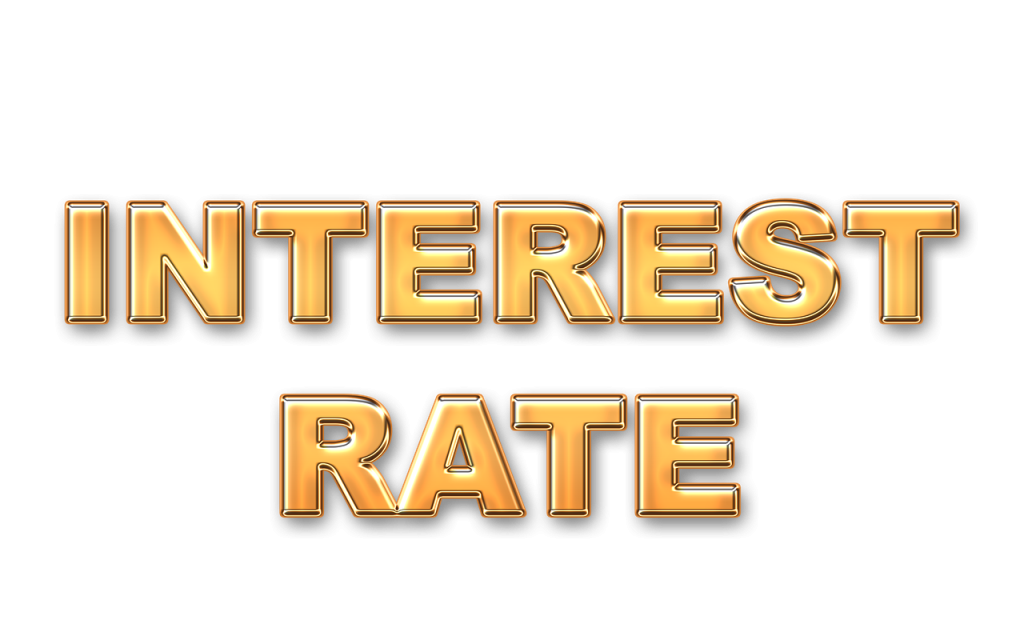With the recent news on tariffs and the accompanying market sell-off, it’s understandable that there’s some concern about the economic forecast and what lies ahead. If you don’t have a plan, and aren’t acting on that plan, it’s time to get one. This situation highlights an important point: how you react is important. When uncertainty fills your newsfeed, remember that market volatility is a natural part of saving and investing. History has consistently shown that staying the course yields better results than making hasty decisions based on daily headlines.
Whether you a from the Gen Z generation, experiencing your first market shock. Or from the Silent Generation, well-versed in economic turbulence, each faces unique challenges and emotional triggers. As we navigate these challenges, keep your focus on long-term goals. Draw strength from collaborative efforts with your trusted professionals, and the resilience demonstrated in the past. And if you have specific questions or need further guidance, please don’t hesitate to reach out.
In the world of finance and business, we generally focus on numbers, charts, projections, and strategies. Yet, positive emotions do more than uplift our spirits—they also enhance our capabilities in profound ways. Research has shown that positive emotions contribute to heightened attention spans, improving your focus and problem-solving skills. This mental resilience is essential when navigating financial markets or succeeding in business.

Furthermore, when you’re in a positive state of mind, you’re more adept at considering the future implications of your decisions, to balance immediate needs with future goals. This foresight is invaluable in planning for your financial goals, where long-term growth and sustainability are key. Remember, your financial and investing strategies are not merely technical exercises—they are deeply human journeys. Let joy be your guide as you forge your path to the future you desire. And if that future is unclear, or difficult to see at this time, let me know. It is likely brighter than you realize.
Market Brief
With the decline that took place in equity markets last week, reaction from corporate insiders was expected. Thus far, that has not been the case. However, with earnings around the corner, many trading restrictions are in place for insiders. Unfortunately, the hits keep coming, as there has yet to be a fresh set of buyers swooping in to buy the dips. Today marks the 4th straight down day for the S&P. But even on the two worst days (Thursday and Friday), there was no rush to sell by insiders. But no rush to buy either. Also in play is the possibility that insiders, like many investors, took to the slide-lines as the drop was so sudden and steep that a “no choice but to wait it out” stance was all that made sense.
Volatility was the name of the game on Monday. During Sunday’s overnight session, S&P 500 (SPX) futures were down 5.4%. Prices then calmed for the rest of the day, with the SPX closing off 0.2%, the Nasdaq up 0.1%, and the Nasdaq 100 up 0.2%. While the day was a win for the few bulls that are left, the indices remain in steep declines. Tuesday marked a continuation of the decline, with all 3 major indices in the red.
The VIX Volatility Index spiked to 60 early in the session, its highest intraday reading since August 5, 2024, a day when the SPX fell 3%. The VIX closed at 47, the highest close since the pandemic. Today, the VIX closed above 50. The highest closing mark since the Covid pandemic in 2020.
The U.S. is not currently in a recession, but many economists are forecasting a contraction in GDP in coming quarters due to the fallout from Donald
Trump’s tariff plan. The argument is that companies in just about every industry will face rising costs and, in order to protect margins, will have to
either raise prices (think inflation) or cut staff (higher unemployment). Either way, consumers will feel the pinch and consumer spending, which accounts for about two-thirds of the economy, may be down. Equity investors are expressing concern, with the S&P 500 approaching a bear market. At today’s close we are within 2% points of a bear market correction.
So if an economic contraction occurs what expectations should be set? Looking at the last 6 recessions that have occurred in the U.S. since 1980, 5 of them are more “normal” pullbacks. The sixth was the recent pandemic-induced decline. Averaging the results of those first five, we find that recessions typically last 3-4 quarters. Unemployment typically rises, which would lift the current rate back into the 5.0-6.0% range. Treasury yields typically fall during recessions, as often the Federal Reserve begins to lower rates in an attempt to revive the economy. Whether they step in to assist on this one is yet to be determined.
The current economy is stronger than one might think. Unemployment is lower than at the start of previous recessions, so the consumer sector is in pretty good shape. But looming the looming tariff war may alter the job market in the next few quarters. Treasury yields are lower than average as well, which could provide some relief for households and home buyers. With the real impact occurring if the Fed lowers rates. To make a recession call in 2025-2026 is premature. But if one does occur, based on the current fundamentals, less-than-average damage to the economy is a reasonable expectation. But as with all times of uncertainty, expectations can quickly get thrown out the window. Stick to the plan that you and your advisor have put together.
Financial Advisor Erie CO focus on investment and wealth management, retirement planning; Boulder, Louisville, Niwot, Lafayette, Windsor, Berthoud, CO
#investing #marketbrief #stockmarket #retirement #wealthmanagement #financialadvisor #retirementplanning #investmentmanagement #retirementincomeplanning
This website is for informational purposes only and is not intended to be specific advice or recommendations. For specific advice or recommendations you would need to meet directly with one of our advisers. This is not a solicitation or offer of service in states we are not licensed in.




